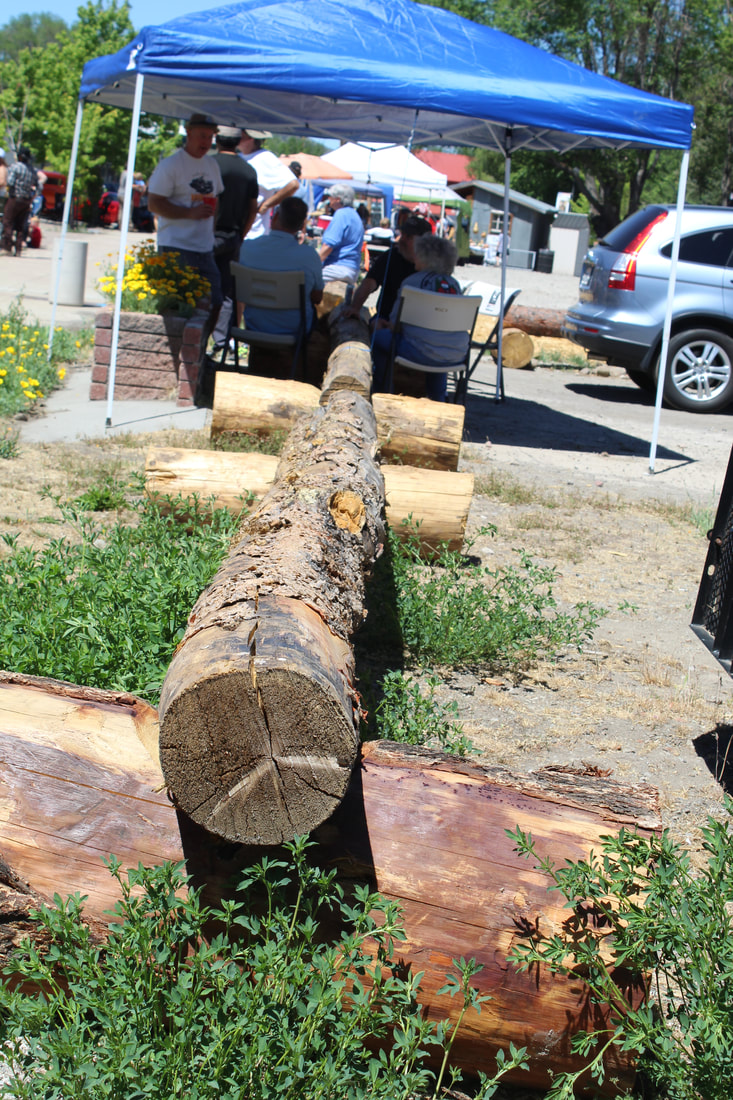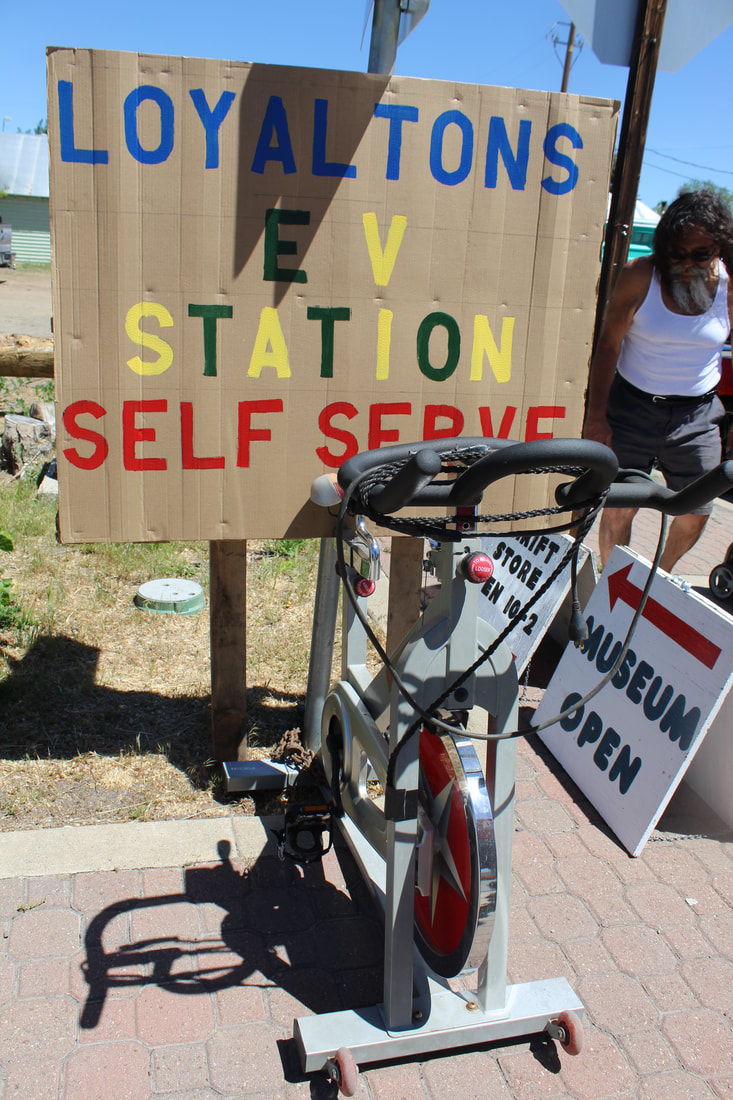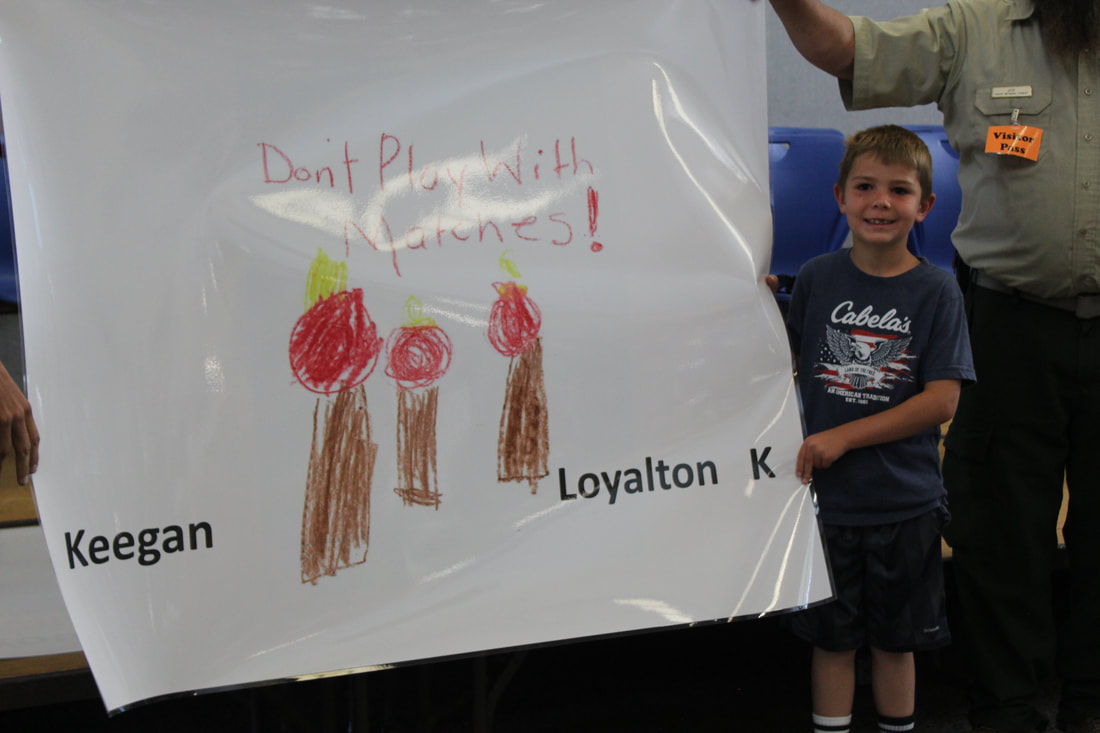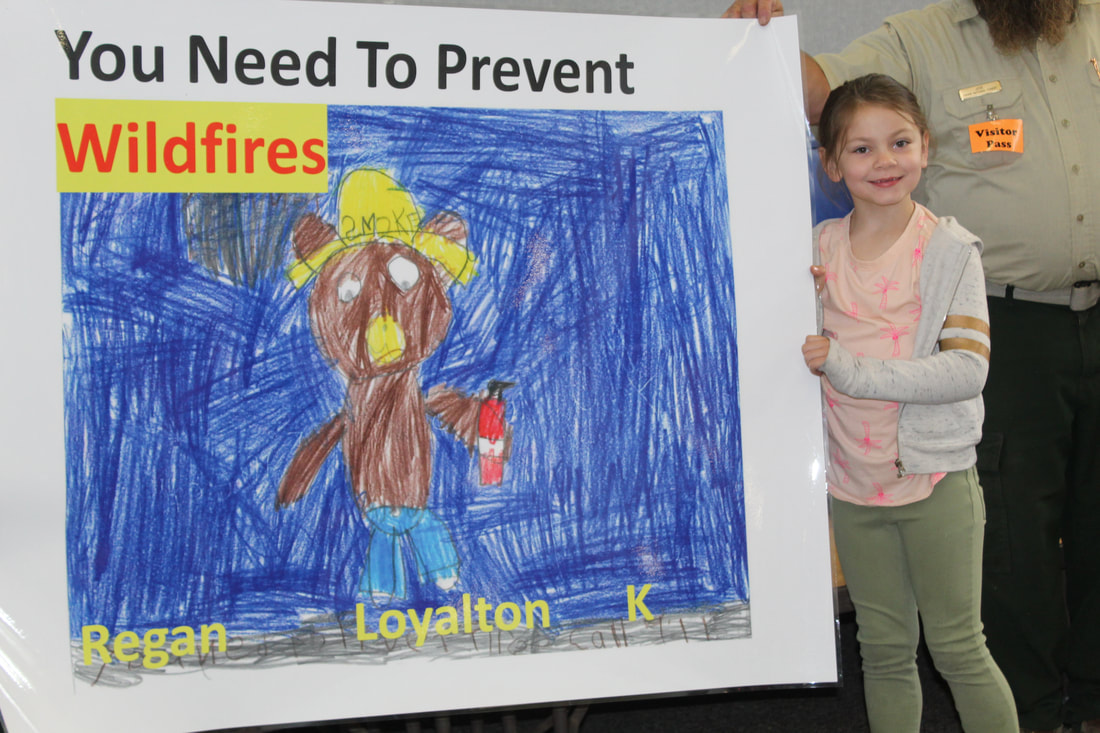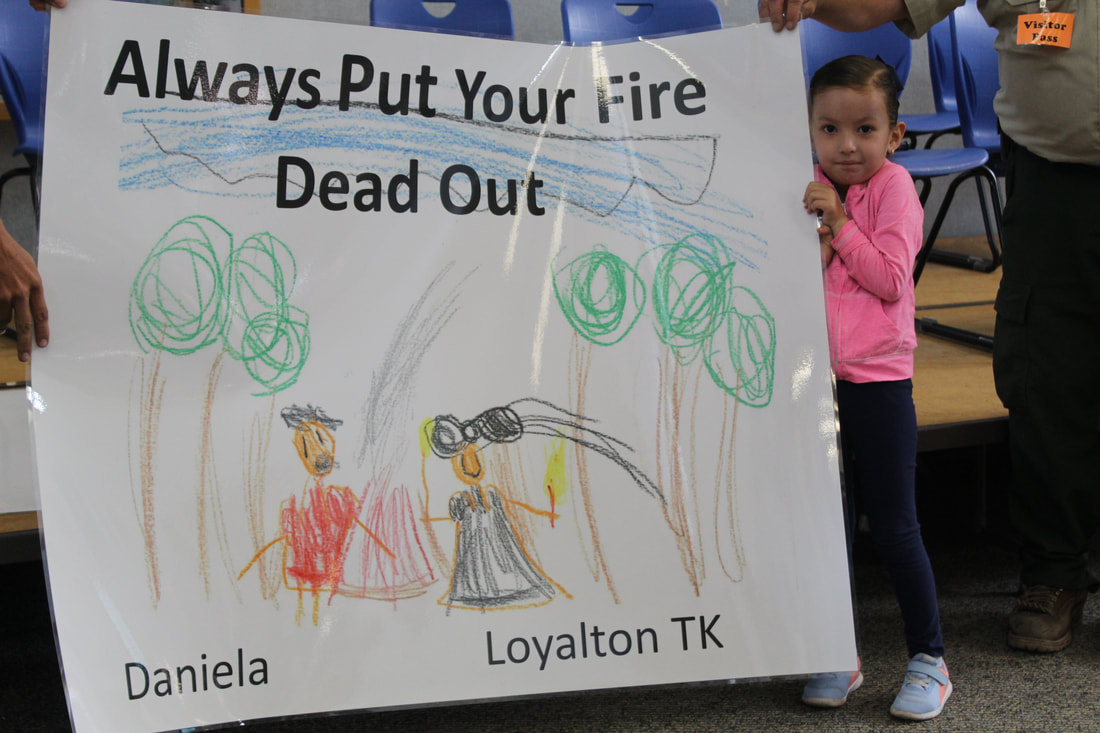|
Issue Date: June 22, 2022 By Kevin Hecteman Agriculture and business groups are imploring Gov. Gavin Newsom and the Legislature to set clear goals for boosting water storage and supplies as the drought threatens to cripple California's food, energy and housing sectors. "Our existing water system can no longer deliver the water necessary to sustain the world's fifth-largest economy," the California Farm Bureau and nearly two dozen farm and business groups wrote in a June 14 letter to the state's executive and legislative branches. "California must establish a clear target to increase its surface water supply to meet current and future needs for human consumption and a growing economy," said the letter, whose signatories included California Farm Bureau President Jamie Johansson. Danny Merkley, Farm Bureau's director of water resources, said Farm Bureau signed the letter because "it is time to sound the alarm." "It has been seven-and-a-half years since the voters of California overwhelmingly passed Proposition 1 with $2.7 billion for the public-benefit portion of new water storage, and yet not $1 has yet to be spent on the construction of new storage," Merkley said. "If Newsom is sincere about California's water resilience, he will work with the Legislature to get funding out the door right now to upgrade our aging water infrastructure for today's 21st-century realities. We cannot conserve our way out of it." The coalition contended that the state's current strategy is to reduce supplies and ask people to do more with less. "As a result," the letter said, "we are merely managing economic decline." The letter cited a 2021 study from the University of California, Merced, that found 385,000 acres of farmland were fallowed last year on account of a lack of water. That led to a $1.1 billion loss to farmers and the loss of 8,750 agricultural jobs; overall, agriculture and related sectors lost $1.7 billion and more than 14,600 full- and part-time jobs, according to the report. The letter also cited a 2020 study from UC Berkeley that examined the effects of the Sustainable Groundwater Management Act on farmers and ranchers. That report concluded that as many as 1 million acres of San Joaquin Valley farmland may be fallowed over two to three decades because of restrictions on surface-water supplies and groundwater pumping. "This amount of fallowing is approximately one-fifth of all acres currently under cultivation in the valley," the report's authors wrote. "The farm revenue loss associated with this fallowing is $7.2 billion per year." In addition, about 42,000 jobs will disappear, including on-farm employment and agricultural service sector jobs, the report stated. The coalition letter noted that, in light of the economic peril presented by groundwater regulations, the state Department of Water Resources allocated $100 million to help groundwater sustainability agencies implement projects that comply with the law and assist affected communities. "We need more, significantly more, investment in this area to ensure communities can adequately transition," the coalition letter stated. The governor's May revision to his budget proposal recommended $2 billion for water funding, but only $500 million over several years for storage. The Senate's budget proposal calls for $7.5 billion over three years, but the letter noted that $2.5 billion of this is directed toward environmental uses, "not by making new water available but by reducing the use of land for agricultural purposes." "The governor and Legislature must immediately act to change this trajectory and avoid pending economic disaster before the opportunity to revamp our water supply infrastructure has passed," the letter stated. Other signatories of the letter included the Valley Ag Water Coalition; Western Growers; Agricultural Council of California; the California League of Food Producers; the California Business Roundtable; and the California Manufacturers and Technology Association. (Kevin Hecteman is an assistant editor of Ag Alert. He may be contacted at [email protected].) Permission for use is granted, however, credit must be made to the California Farm Bureau Federation when reprinting this item. Sacramento Democrats today announced the creation of a Select Committee on Gas Supply and Pricing. Vice Chair of the Assembly Budget Committee Vince Fong (R-Kern County) issued the following statement: “Californians are being crushed at the gas pump and are demanding immediate relief. Instead of suspending the state’s gas tax, Sacramento Democrats are creating a committee? “Enough with the political antics, suspend the gas tax now. “And the Governor has the power to increase domestic oil supply to reduce California’s foreign dependence on energy. All he needs is the political will to do so. California energy production by Californians for Californians is common sense.” Please note: According to AAA, the average gas price in California is $6.398 per gallon. A year ago, Californians were paying $4.234. # # # Contact [email protected] 916.813.8367 Assemblyman Vince Fong represents the 34thAssembly District, encompassing most of Kern County including the communities of Bakersfield, Bear Valley Springs, China Lake, Frazier Park, Golden Hills, Inyokern, Lebec, Oildale, Ridgecrest, Taft, and Tehachapi.   Hailey Crump was announced as the 2022 Sweetheart of the Mountains. She and several other young ladies from Plumas and Sierra Counties applied for the scholarship by writing an essay on why small county fairs are critical to the communities they serve. All the applicants had obvious connections with the Plumas Sierra County Fair and offered some insightful thoughts on the relevancy to our communities. Miss Crump will receive a $500 scholarship to further her education and will fulfill the traditional duties of the title, including hospitality at the Fair and representing the Fair where ever possible. The First Runner Up is Adeline Taylor who will receive a $250 scholarship and will step into the title if Hailey is not able to do so. The history of Sweetheart of the Mountains is long and rich. There have been interruptions and changes in format throughout the years. 2022 is no different. With so much doubt as to what sort of activities would be acceptable, the PSCF Foundation decided to scale back all the fund raising and the live performance. Along with the essay, academics and school involvement were considered in the process. Expect to see Sweetheart of the Mountain’s Hailey Crump welcoming visitors to the Fair at the front gate at various times. She and Adeline will be riding in the parade and representing the Fair at events throughout the week. The official crowning and introduction of the Sweetheart of the Mountains and the First Runner Up will take place at the Jake Jacobson Show in the grandstands on Saturday evening during the Fair. SACRAMENTO - Today, Senate Republican Leader Scott Wilk (R-Santa Clarita) released the following statement after Legislative Democrats passed the primary 2022-2023 Budget Bill: “With an almost $100 billion surplus, rising gas prices, and skyrocketing inflation, the best relief Legislative Democrats came up with is a $200 refund that gets to you months down the road. That’s $16.66 per month, which for the record, won’t even cover your gas taxes paid this year,” said Leader Wilk. “The White House is seriously weighing a federal gas tax holiday. We all know the quickest way to help Californians is by suspending the gas tax, but instead we are stuck with the supermajority’s months-long squabble and broken promises.” This budget, contrary to today’s rhetoric, is not the state’s final spending plan but merely a placeholder to meet the constitutional deadline of June 15 for passage of the state’s budget. It lacks details on many critical spending proposals and does not reflect negotiations with Governor Newsom. Senate Republicans voted against the fake, placeholder budget. According to a recent Cal Tax Foundation report, despite a massive projected surplus of $97.5 billion this year, legislative Democrats have no shame and have introduced $194 billion in new legislation and fees. Read the CalTax report here. Last month, Senate Republicans delivered a specific list of budget priorities and outlined their full budget priorities to address affordability and homelessness. Click here to read the full budget request letter. --FULL Gas Tax Holiday - The state should immediately suspend the gas tax to reduce the cost of fuel for families suffering from record-high prices. The revenues should be backfilled by the General Fund so that transportation projects will not be impacted. --Lower Costs for Renters - To help offset rising rental costs, California should increase the renter’s tax credit to $1,000 for spouses filing joint returns, heads of households, and surviving spouses. It should also include a $500 tax credit for other individuals to provide temporary assistance for one of California’s most significant problems. --California Student Tax Credit - To assist students with the rising costs of housing, transportation, or other school expenses, California should offer up to several thousand dollars in student tax credits per year for eligible students. --Address Mental Health and Substance Abuse Needs - The state should invest $10 billionto build the facilities needed to address the related crises of mental health, substance abuse, and homelessness. --Invest in Water Storage - The state must invest the $2.6 billion necessary to fully fund the already voter-approved Sites Reservoir that will provide water storage for 1.5 million homes per year. --Prepare for Wildfires - The state needs to remove the red tape and roadblocks stalling wildfire prevention and treatment projects. ### Senator Wilk represents the 21st Senate District, which includes the Antelope, Santa Clarita and Victor valleys. Learn more about Scott by visiting his website and be sure to connect with him on social media. The popular car show drew a good crowd with over 100 entries. Live music by Deja Vu kept the crowd happy. The Rotary 50-50 raffle for $160 was won by Wally who stated, "You have to play to win." Best of Show was awarded to Don Turk of Graeagle. The coveted trophies are handmade by Terry LeBlanc.
Motorists Should Expect Travel Delays in Work Zones
TRUCKEE – Caltrans is alerting Interstate 80 (I-80) motorists to expect travel delays through November between the I-80/State Routes 89/267 interchange and the Donner Pass Road Overcrossing (Exit 184) in Truckee for roadway construction activities. The #1 (left) lane of I-80 westbound will be continuously closed each week from 8 p.m. Sunday through 10 a.m. Friday for drainage work in the median. In addition, Caltrans has temporarily ceased I-80 eastbound lane reductions during roadwork on local roads for the Town of Truckee’s Cold Stream Roundabout project. The I-80 eastbound #2 (right) lane reductions may resume as early as Monday, June 13 depending on the Town of Truckee’s progress. Once resumed, eastbound lane reductions will be continuous from 6 a.m. Monday through 10 a.m. Friday each week. Current work on the eastbound side of I-80 between the SR-89 south on-ramp and the Central Truckee off-ramp (Exit 186) includes slope earthwork and concrete replacement. Eastbound motorists are advised to expecttypical delays of 15-20 minutes when traveling through the work zone. However, delays of 25-30 minutes are common on Thursday afternoons. Construction activities are part of a $30.6 million project to rehabilitate the existing concrete on I-80 in Truckee, install a westbound auxiliary lane from the SR-89 south on-ramp to the Donner Pass Road off-ramp, install eastbound acceleration lanes from the Donner Pass Road on-ramp and SR-89 south on-ramp, improve drainage, and upgrade concrete walkways along ramps to meet current Americans with Disabilities Act (ADA) standards. Teichert Construction of Rocklin is the prime contractor for the project, which is scheduled to be completed in fall 2022. The construction schedule is subject to change based on weather, equipment availability or other unexpected events. The department will issue construction updates on Twitter @CaltransDist3, on Facebook at CaltransDistrict3and on the Caltrans District 3 website. For real-time traffic, click on Caltrans’ QuickMap quickmap.dot.ca.gov/ or download the QuickMap app from the App Store or Google Play. ### In perfect spring weather at the Loyalton Park Pavilion, Fire & Grace & Ash kept elementary school students well entertained on May 8th. It was a Musica Sierra sponsored event that had TK-6th graders engrossed and attentive.
Fire & Grace & Ash will be playing at The Lost Marbles Ranch on Sunday, June 12th at 1:30 p.m. www.musicasierra.org-events/musical-headwaters-fire-grace-ash for TIX The winners of the fire prevention posters were awarded limited edition Smokey belt buckles and collapsible lanterns by Joe English and Louis Siqueido of Sierraville District Ranger Station.
DWR Encourages Counties, Communities to be ‘Well Prepared’ to Support Dry Drinking Water Wells6/6/2022 SACRAMENTO, Calif. – As California continues to experience climate-driven severe drought conditions, the Department of Water Resources (DWR) is providing tools and resources to help communities and domestic well owners prepare for potential well outages and other drought impacts.
“Being ‘Well Prepared’ means that state and local agencies and well owners have an understanding of local groundwater conditions, can identify areas where drinking water supplies may be threatened, and know how to access assistance when it is needed,” said Paul Gosselin, DWR Sustainable Groundwater Management Deputy Director. “To meet the challenges of this current drought and future droughts, DWR is providing new and updated tools to help county drought leaders develop informed solutions that work best for their local communities.” DWR, in coordination with the State Water Resources Control Board, has launched a new Dry Well Susceptibility Tool that identifies areas in groundwater basins across the state that may be prone to domestic well outages. This tool has been developed as a resource for local monitoring and early warning to help increase general awareness of where domestic water wells may be susceptible to going dry to help communities proactively plan for potential well outages. DWR has also updated its Dry Well Reporting System, a user-friendly online system for reporting incidents of household drinking water wells that have gone dry due to drought impacts. The Dry Well Reporting System was originally developed during the 2012-2016 drought and based on feedback from counties, the system has been updated to directly and immediately notify local agencies, including county officials, water agencies, and GSAs, when household water supply well outages are reported in their region. The system is available in English and Spanish. DWR encourages local agencies who are responding to drought to sign up in the system (send request to: [email protected]) so they can be notified whenever a dry well is reported in their county. In addition to assisting with drought planning and response, both of these tools have value for local well permitting agencies and groundwater sustainability agencies (GSAs) as they navigate new well permitting requirements contained in Action 9 of Governor Gavin Newsom’s Drought Executive Order N-7-22, and new drought planning requirements contained in Senate Bill 552, passed by the Legislature last year. With the hotter, drier summer months ahead, California is committed to planning ahead and tracking ongoing impacts of drought and working together with local governments and agencies to identify solutions to protect the health and safety of our communities. “We cannot let our guard down when it comes to preparing for drought conditions and conserving water,” Gosselin said. “DWR will continue to invest in the latest technologies and data to help the state and locals prepare for and act to protect communities from dire impacts of drought.” People v Adam Jd Ebert (22CR0015) On April 19, 2022, Adam Jd Ebert was convicted of violating Vehicle Code section 14601.1, driving on a suspended license. He was placed on 1 year probation and ordered to pay a fine of $1,409.00. People v. Andre Mitchell Sallabery (22CR0006) On April 19, 2022, Andre Mitchell Sallabery was convicted of violating Vehicle Code section 23103.5, a wet reckless. He was placed on 1 year probation, take a DUI class, 2 days in jail and ordered to pay a fine of $1,409.00. People v. David John Schwiesow (22CR0012) On April 19, 2022, David John Schwiesow was convicted of violating Vehicle Code section 23152(f) driving under the influence of a drug. He was placed on 3 years probation, 2 days in jail, attend a DUI class and pay a fine of $1860.00. People v. Donald James Pennington (20CR0061) On May 24, 2022 Donald James Pennington was convicted of violating Vehicle code section 23152(f), driving under the influence of a drug, Vehicle code section 2800.2, fleeing a peace officer, Vehicle Code section 21651, driving on the wrong way on a divided highway. He is currently in custody in Nevada on unrelated charges. He was placed on 3 years probation, 48 days in jail, ordered to take a DUI class. People v. Ziev Avniel (21CR0050) On May 24, 2022, Ziev Avniel was convicted of violating Vehicle Code section 23103.5, wet reckless. He was placed on 18 months probation, 2 days in jail, take a DUI class and pay a fine of $1,409.00. People v. Bobby Alvin Tarp (21CR0091-A) On May 27, 2022 Bobby Alvin Tarp was convicted of violating Penal Code section 29800(a)(1), felon in possession of a firearm. He was sentenced to 8 months prison to run concurrent with his current 2 year prison sentence from Yuba County. Last week, the California State Water Resources Control Board voted to adopt emergency drought regulations while acting on orders from Governor Newsom. These regulations ban watering non-residential decorative landscapes and require water suppliers to activate their local drought plans and prepare for shortages of up to 20%. These measures will vary for each area across our state. While discussing solutions to our state’s water shortage, it is important to consider that only 10% of our state’s total water goes to household ‘urban use’, such as dishes, laundry, bathing, or what landscape watering people still have left after previous restrictions. Cutting 20% of this type of water use will only save us about 2% of the total water resource in the state.
Meanwhile, the area that has yet to see any kind of meaningful reduction in usage is the one that has the largest allocation and uses 50% of our state’s total water: the environment. Fresh water is one of our most precious natural resources. It is essential to our lives, and that’s why we shouldn’t be flushing it out into the ocean. This limited resource would be far better served running through a hydroelectric power plant to produce affordable renewable energy and then used to grow food that is essential for human needs. Instead of utilizing our limited resources for good it’s being wasted and sent out to sea. Traditionally, agriculture uses about 40% of our state’s water supply, although it is usually cut to less. This water goes far beyond the farm. Water allocated to agriculture travels throughout our state while providing wetland habitat and recreation use. The irrigated water is used to grow crops to feed and sustain our nation. Farmers employ workers to help them plant and harvest, and most operations work with financial institutions through their local bankers and lenders. The engineers, mechanics, and manufactures who build and maintain their equipment relies on their business. Truckers move the product across the country, filling up grocery store shelves, and are then purchased by consumers. This cycle is the foundation of our entire economy. A nation with food security thrives and allows other industries to grow and prosper. Without a steady food supply, we would be endlessly dependent on and indebted to other nations. Our technology, manufacturing, defense, financial, and trade industries would not look like they do now. Facing the Infant Formula Shortage It is beyond belief that the United States, the land of plenty, is struggling to stock its shelves with infant formula. The fact that parents across the nation are unable to feed their newborns due to a formula shortage is horrifying and completely unacceptable. This inexcusable shortage has been created through bureaucratic regulations and unresponsiveness by the FDA as to the remedy, that shut down the largest formula producer in the nation for months and was exacerbated by poorly planned replacement supply via import policies or otherwise. It’s also extremely concerning that the Biden Administration admitted to having knowledge for months that this crisis would occur, and yet they failed to act until shelves were bare and chaos was ensuing. No parent should have to worry about their ability to feed their child. This national crisis calls for swift, immediate action to ensure that parents can get the formula they need as soon as possible. It’s actually embarrassing that we have to send military aircraft under an emergency to foreign countries to make a hyper-expensive food run, for baby formula due to incompetence at FDA and the Administration. . Recently, the House considered several bills aimed at fixing the issue. I voted in support of the Access to Baby Formula Act to allow the USDA to issue emergency waivers for WIC participants in the event of a supply disruption, such as is happening now. This bill temporarily removes agency regulations on the brand and quantity of baby formula that WIC participants can purchase. I also signed on as a cosponsor of the Formula Act of 2022, which would allow the United States to immediately import formula that meets our current nutritional standards, expanding the supply available here in the states and alleviating the strains of the shortage. I believe that temporarily importing quality infant formula is the best course of action until we can get our production plants up and running again to end the shortage. Due to the ambiguous, poorly written, and fast-tracked language of the Infant Formula Supplemental Appropriations Act, I did not support this piece of legislation. This bill does not actually address the supply shortage, bring in product from other countries, or expedite the reviewal and reopening process of the shutdown plant; it only hands the FDA a $28 million blank check, most likely to be used on bureaucrat’s salaries. Without any clear guidelines on how that money will be efficiently and effectively used, coupled with the fact that the agency would not see the money for months, it is clear that this legislation addressed the issue in name only, likely as a political wedge. Additionally, this money will be used on top of the $11 million increase for infant health and nutrition they received in March’s Omnibus, after they were aware the shortage would occur if not acted upon. While it should be inconceivable that an infant formula shortage would occur in the United States, we find ourselves here nonetheless. Every reasonable step must be taken to make sure our children are fed and healthy. That begins with fast acting legislation that allows for immediate relief on our supply chain and for our nation’s parents. My team and I are closely monitoring the situation and remain ready to support immediate and sensible solutions within my jurisdiction. Sincerely, Doug LaMalfa Member of Congress SACRAMENTO, Calif. – The Department of Water Resources (DWR) and the U.S. Bureau of Reclamation (Reclamation) are gearing up for the hot and dry summer months as the state experiences a third consecutive year of severe drought. California will enter the dry summer months with below-average reservoir storage and with the state’s largest reservoir, Shasta Lake, at critically low levels. The Sierra snowpack is essentially gone, and runoff into the state’s streams and reservoirs has largely peaked for the year. “The overall water supply for California is still critical going into the dry summer months,” said DWR Director Karla Nemeth. “DWR and its federal partners at the U.S. Bureau of Reclamation will continue to take a conservative approach to water management decisions to maintain storage, water quality, and water deliveries for millions of Californians. We need to be prepared for a hotter, drier future brought on by our changing climate.” DWR and Reclamation are coordinating closely on water project operations and actions to address expected low river flows and temperature challenges this summer. As a result of the ongoing severe drought conditions, DWR has finalized its decision earlier this year to deliver 5 percent of requested State Water Project (SWP) supplies in 2022. DWR will also provide water for any unmet critical health and safety needs of the 29 water agencies that contract to receive SWP supplies. Reclamation is taking a similar approach to water supply allocation this year, given the critical conditions at Shasta Lake, the primary source of water for the Central Valley Project (CVP). Reservoir levels in Shasta were the second lowest on record on May 1 this year. Most agricultural water service contractors will receive a zero percent allocation from the CVP this water year (with Friant Division Class 1 at 15 percent) and municipal water supplies for communities at the minimum levels for health and safety needs only. “As the cornerstone of the Central Valley Project, we are working to conserve as much storage in Shasta Reservoir as possible, which is currently only at 40 percent capacity,” said Reclamation Regional Director Ernest Conant. “As such, we will be relying heavily on Folsom Reservoir to help with Delta water quality needs this summer. We are also working closely with state and federal partners to help protect endangered winter-run Chinook salmon.” Among the actions to benefit winter-run Chinook is the installation of chilling units at Shasta Dam that will further cool the water coming into the Livingston Stone National Fish Hatchery. DWR recently conducted aerial observations of Shasta Lake, Lake Oroville and Folsom Lake to capture still photos and aerial video of the lake levels at their seasonal peak. These photos and videos are available for use by media outlets. DWR will continue to preserve as much storage as possible in Lake Oroville, the SWP’s largest reservoir. Water releases from Lake Oroville will be prioritized to maintain Delta water quality, protect endangered species, and meet senior water right needs. DWR and Reclamation have been operating the State Water Project and Central Valley Project under a Temporary Urgency Change Order since April that allowed for the flexibility to release less water into the Delta through June 30 and conserve limited stored water in Shasta, Oroville, and Folsom reservoirs. DWR and Reclamation currently project that both systems have available water supply to maintain Delta water quality through the summer. The Emergency Drought Salinity Barrier along the West False River in the Delta will remain in place to help conserve storage and reduce the amount of saltwater intrusion into the Delta through the summer and fall. The barrier is expected to remain in place until November 30, however its continued need into 2023 will be reassessed in the fall. Uncertainty still remains as summer approaches. Hotter temperatures, longer heatwaves, and wildfires could impact water management decisions. DWR and Reclamation will continue to monitor conditions and adjust as needed to navigate the severe drought conditions and plan for another dry fall and winter to come. With that in mind, California is continuing to respond with a series of drought actions:
Following a one day trial, on June 1, 2022, Monique Cook, formerly of Loyalton, was found guilty of violating California Food and Agriculture Code section 31402, allowing her two dogs to run at large and attack 3 ewes and a ram. The dogs also killed a lamb (“Sweet Pea”) and a chicken at the Loyalton High School Ag Barn on March 20, 2021. The charge is a misdemeanor.
Ms. Cook was also found guilty of violating two Loyalton Municipal Code sections regarding allowing dogs to run at large and allowing dogs to trespass on farm land. Four Loyalton High School FFA students testified at the trial about the attack and the injuries to the animals. Their advisor, as well as their veterinarian testified regarding the injuries and monetary losses due to the attack. The District Attorney thanks the Sierra County Sheriff’s Office for their excellent investigation of this matter, as well as their follow up and concern for the students and the community. Ms.Cook is set to be sentenced on July 5, 2022 at 1:30 p.m. |
CONTACT US:Sierra Booster Newspaper
PO Box 8 Loyalton, CA 96118 Phone: 530-993-4379 Fax: 844-272-8583 Email: [email protected] Website Privacy Policy |
©Copyright Sierra Booster - Sierra County News - Editorial
Website by Chamber Nation
|







